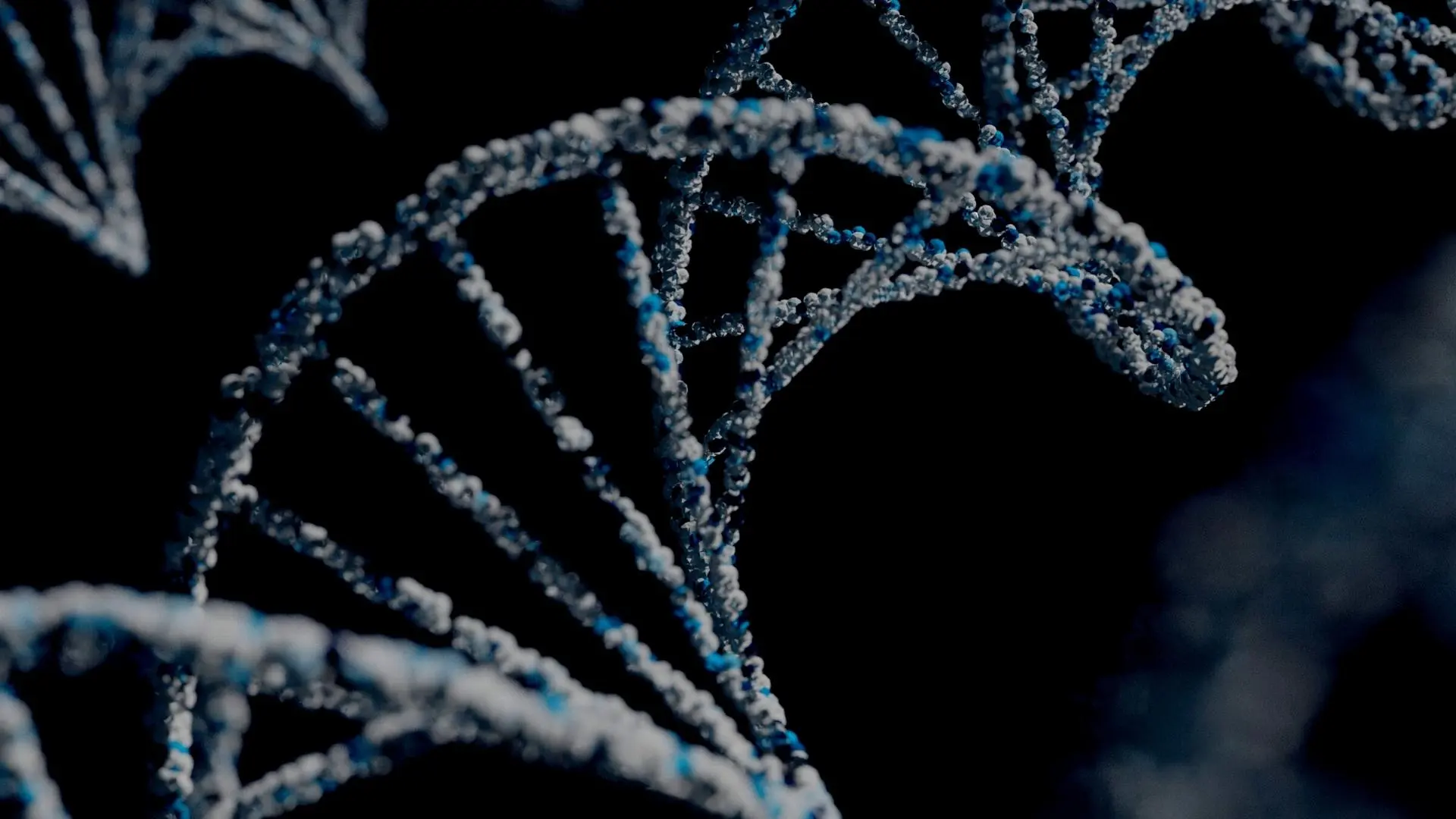Where did we come from? This question of man’s origins has long been at the center of the thoughts of philosophers, scientists, and “ordinary” people alike. How we answer this question informs our answers to many other fundamental questions, such as:
Where are we going?
Why are we here?
Humanity’s actual origin—that is, how people came to be—informs our views of life, meaning, and purpose, and, ultimately, how we live.
A Nontheistic Evolutionary Model
The modern era has claimed that evolution has replaced the need for God. Nonliving systems over the course of millions of years have produced creatures with intelligence and values: Creatures who now ask questions like, “Where did I come from?” If we are indeed nothing more than the product of cosmic “stardust” giving way to random chance and mutation, then, “There is, at bottom, no design, no purpose, no evil, no good, nothing but pitiless indifference.”[efn_note]Richard Dawkins, River Out of Eden: A Darwinian View of Life, (NY: Basic Books, 1995), 131-132.[/efn_note] Should we accept the notion that life comes from nonlife, intelligence emerges from non-intelligence, and inherent worth and moral value arise from worthlessness?
The Inadequacy of the Nontheistic Evolutionary Model
The complexity of the universe defies the notion that everything is the result of simple random chance and brute physical law. Without intentionality, without telos (direction or purpose), how can simple systems give rise to more and more complex systems?
One of the great defeaters of nontheistic evolution is the concept of irreducible complexity. Though there are innumerable examples of such complexity, of systems and biological organization that cannot be explained by mutation and natural selection, there are still those who resist what God has made evident to all through the things He has made (Romans 1:18–23).
Evident Design
If the world appears to be designed, if it appears to have a purpose or end, then is it not reasonable to suppose that there does indeed exist a Designer, a “Purposer,” One who intends the ends of all things? The magnificent composition of the universe requires a Composer.
Our Response
In light of the evidence we see around us (and, from the Bible, know) of the existence of an Intelligent Designer, let us worship not His design and creation, but the Creator Himself, who not only made the entire universe but, even today, sustains all things by His powerful Word.
Read and meditate on Psalm 147.
Related Articles and Resources:



